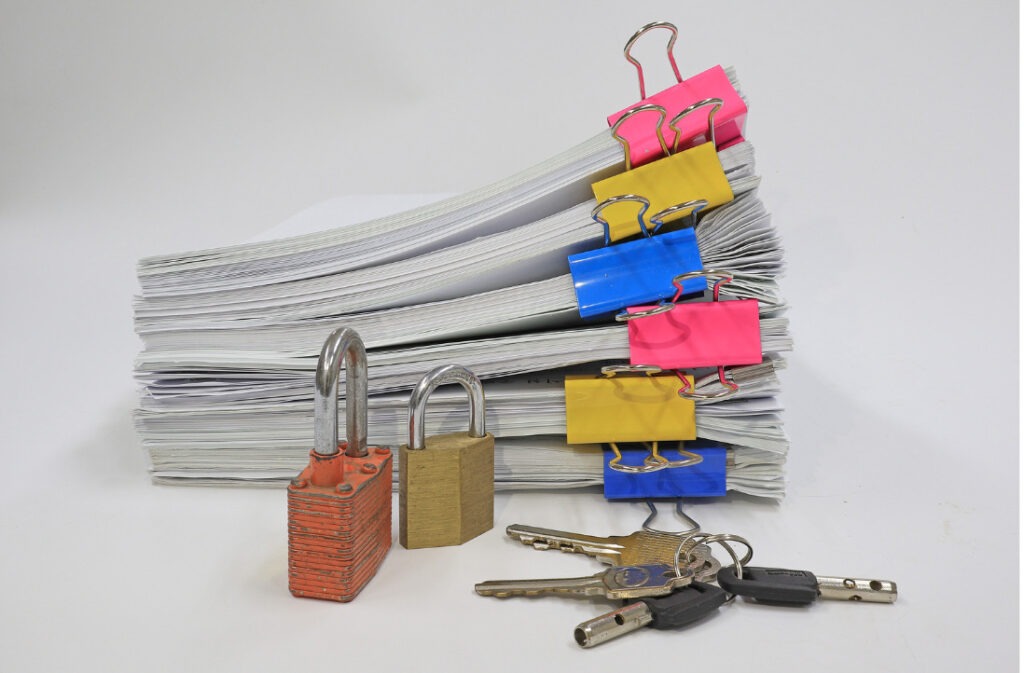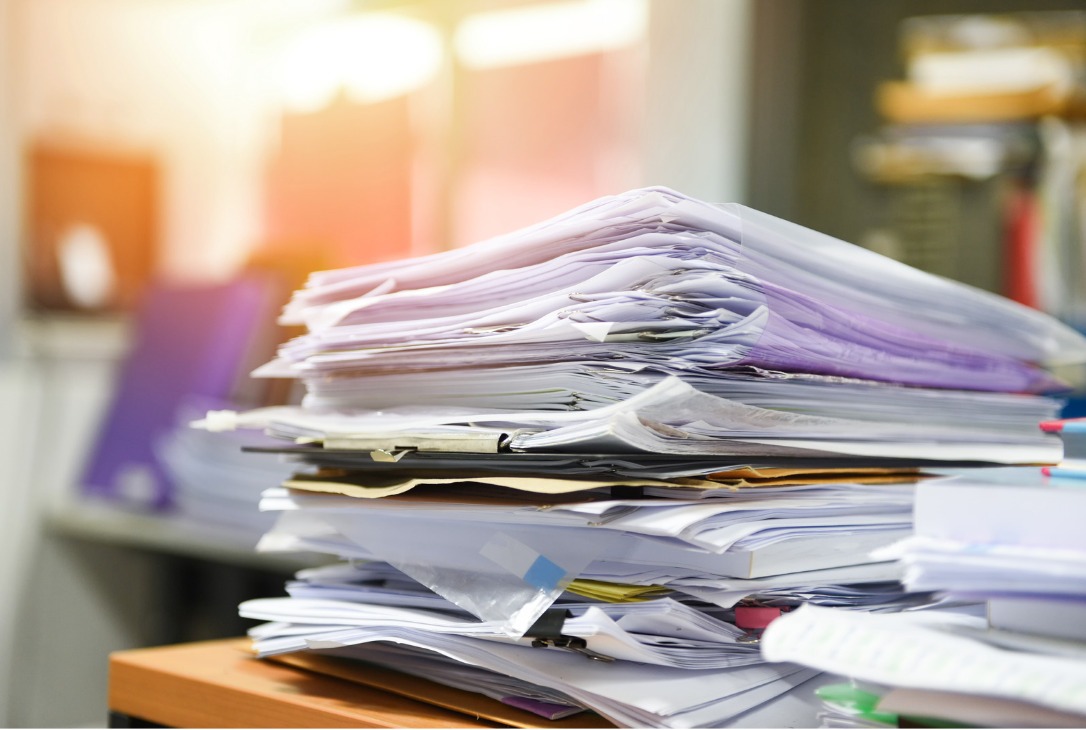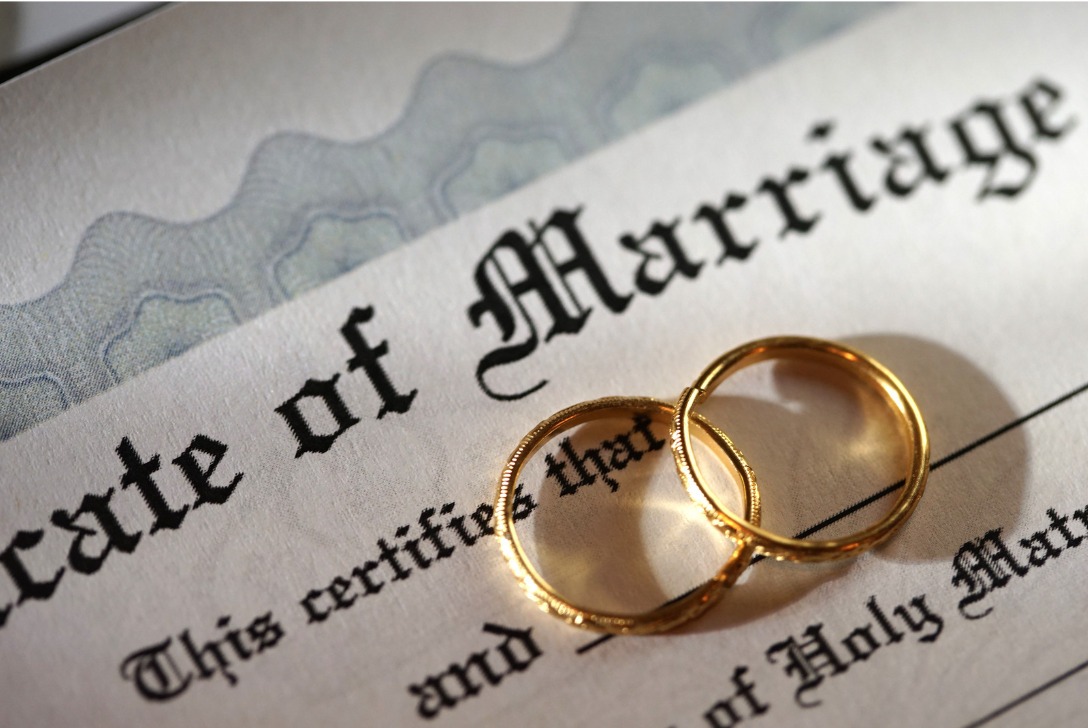Get our newsletter
Life is unpredictable, and it's essential to be prepared for all eventualities, including the end of your own life. Failing to plan ahead can have devastating consequences for you and your loved ones.
Get our tips now
I would like to access detailed information on death formalities.
Life is unpredictable, and it's essential to be prepared for all eventualities, including the end of your own life. Failing to plan ahead can have devastating consequences for you and your loved ones.
Get our tips now
Anticipate your life data to simplify the death process.
Vous êtes plus de 10 000 à nous rendre visite ici tous les mois, merci !

The death of one's parents is a difficult stage in one's life, and one that brings with it many challenges. administrative procedures to carry out. Among these tasks, paper management is one that is often overlooked. essential to facilitate procedures and avoid loss or omission. But which papers should you keep after your parents' death? How can they be sorted and organized efficiently?
In this article, we'll give you some practical tips on how to support in this difficult phase and help you to cope with the administrative obligations following a death.
Managing the paperwork to be kept after the death of one's parents is a task that is often difficult and tedious. It's important to know which papers to keep after the death of your parents, to make administrative procedures easier and avoid losses or oversights.

As each person's life story is unique, the papers they need to keep may differ. There are, however, some papers that must be retained in all cases These include death certificates, birth certificates, marriage certificates, divorce certificates, life insurance policies, title deeds, bank statements, bills and tax payment receipts.
It is recommended to carefully sort documents and create a list of papers to keep to make it easier to find them later. By following these practical tips, you can effectively manage the paperwork you need to keep after your parents' death, and minimize the stress associated with this difficult stage of life.
Death certificate
The death certificate is an official document that is indispensable for all administrative procedures relating to inheritance. It provides proof of death, and is often requested by notaries. It should be kept for life, as it can be useful for genealogical research or to prove parentage.
Birth certificate
This document attests to a person's birth, and is essential for proving identity. It can be useful for certain administrative procedures, such as applying for a passport or identity card. It should be kept for life, as it may be requested for genealogical research purposes.
Marriage certificate
These contracts govern the matrimonial regime of the spouses, and are essential for proving the distribution of assets in the event of divorce or death. They are indispensable for proving the existence of a matrimonial bond. It can also be useful for certain administrative procedures, such as applying for a reversionary pension. It should be kept for life, as it may be requested for genealogical research purposes.

Family record book
It contains information on the parentage and marriage of family members. It is useful for proving parentage and for certain administrative procedures, such as applying for a passport for a child. It should be kept for life, as it may be requested for genealogical research purposes.
PACS agreement
PACS partners can opt out of the legal regime of separation as to property, by choosing to adopt the indivision regime in their PACS agreement. Among other things, this system solves part of the problem of the absence of inheritance rights under PACS in the event of the death of one of the partners. It is advisable to keep this agreement.
Life insurance contracts
These contracts enable capital to be passed on to designated beneficiaries in the event of the policyholder's death. It is important to keep them so that the beneficiaries can recover the capital. It is advisable to keep them until the funds are recovered, or until the end of the prescription period in the event of litigation.
Title deeds
These documents attest to the ownership of a property, and are essential for any sale or transfer of the property. It is advisable to keep them for life, as they may be requested in the event of a dispute or in the search for evidence.
Notice of tax assessment or IFI (impôt sur la fortune immobilière) tax returns
They should be kept in a safe place for 10 years.
Local tax notices (taxe foncière and taxe d'habitation) must be kept for one year.
Legacies and donations
It's best to preserve them and pass them on to future generations.
Bank statements
These documents attest to movements on a bank account and are useful for proving transactions. They may also be required for certain administrative procedures, such as applying for a mortgage. It is advisable to keep them for at least 10 years, as they may be requested in the event of a dispute or tax audit.

Pension contracts
The French Insurance Code stipulates a 30-year limitation period from the death of the insured for actions by the beneficiary. They must be kept without limit.
Life insurance
Disputes may arise during the term of the contract. life insurance. When the parties involved in a dispute are unable to reach an amicable agreement, they must resort to the courts.
A limitation period of 2 years begins to run from the date of the insured's death. However, in the case of an action brought by the beneficiary, the period may be extended to 30 years.
Health questionnaires or additional health tests required to obtain credit
If the deceased had the good sense to make a copy of the medical questionnaire when applying for credit, it is essential to keep it, as it may be useful in validating or invalidating the insurer's decision to cover or refuse to cover the claim.
In the event of intentional misrepresentation, or where bad faith is proven, the insurer may declare the contract null and void, i.e. refuse all benefits.
Bills and rent receipts
These documents are proof of payment of rent or service charges. They can be useful for proving the regularity of payments and for carrying out certain administrative formalities, such as applying for social housing or proving that you are living together. It is advisable to keep them for at least 5 years.
Proof that you are the heir
The deed of notoriety, the deed of partition or even certificate of inheritance are essential documents for administrative procedures. Keep these documents without delay.
Title deeds
These documents must be kept indefinitely.
Those concerning co-ownership must be kept for 10 years.

Expertise
Documents relating to an appraisal of movable or immovable property must be kept for an unlimited period or for 10 years following the sale of the property.
Documents related to the work
It's vital to keep a record of any renovation or extension work carried out on a property, especially if it's close to a historic monument or protected area.
These documents include estimates and invoices from the companies carrying out the work, as well as authorizations issued by the Architectes des Bâtiments de France (ABF), the Anah, the town hall or other authorities. They must be kept indefinitely. They may be requested if the property is sold.
Documents relating to the car or vehicle
documents must be kept for 2 years in the event of resale.
You can start by sorting documents by order or by thematic (example: financial, real estate, health, etc.)
You get the idea, shelf life are important points to note because you or your loved ones will need it in the future.

You can use boxes and filing cabinets to store documents. However, it is primordial to put these documents safe place And don't forget that insects love paper and cardboard.
We therefore recommend that you download in a digital file fully secure like this one, available on Postumo.
The latter must enable you to update it at any time to take account of developments and events in your life (such as changes in your family, real estate or financial situation).
Finally, choose a secure space that meets safety standards and is transmissible to future generations, as this data will also be important in managing their lives, particularly with regard to documents relating to civil status, legal matters and real estate.
It is important to visit managing the paperwork to be kept after the death of one's parents in advance, to avoid problems and complications later on. It is therefore advisable to enlist the help of professionals to take care of the administrative formalities, to ensure that everything is done properly and on time.
We hope this article has provided you with clarifications on the papers to keep after death as well as practical tips for efficient document management and facilitate administrative procedures.
Don't forget that every situation is unique, and that it's always best to make your own choices. accompanied by professionals to avoid mistakes and complications.
If you have any questions or comments to share, please don't hesitate to leave us a comment below. We'll be delighted to talk to you and answer any questions you may have.